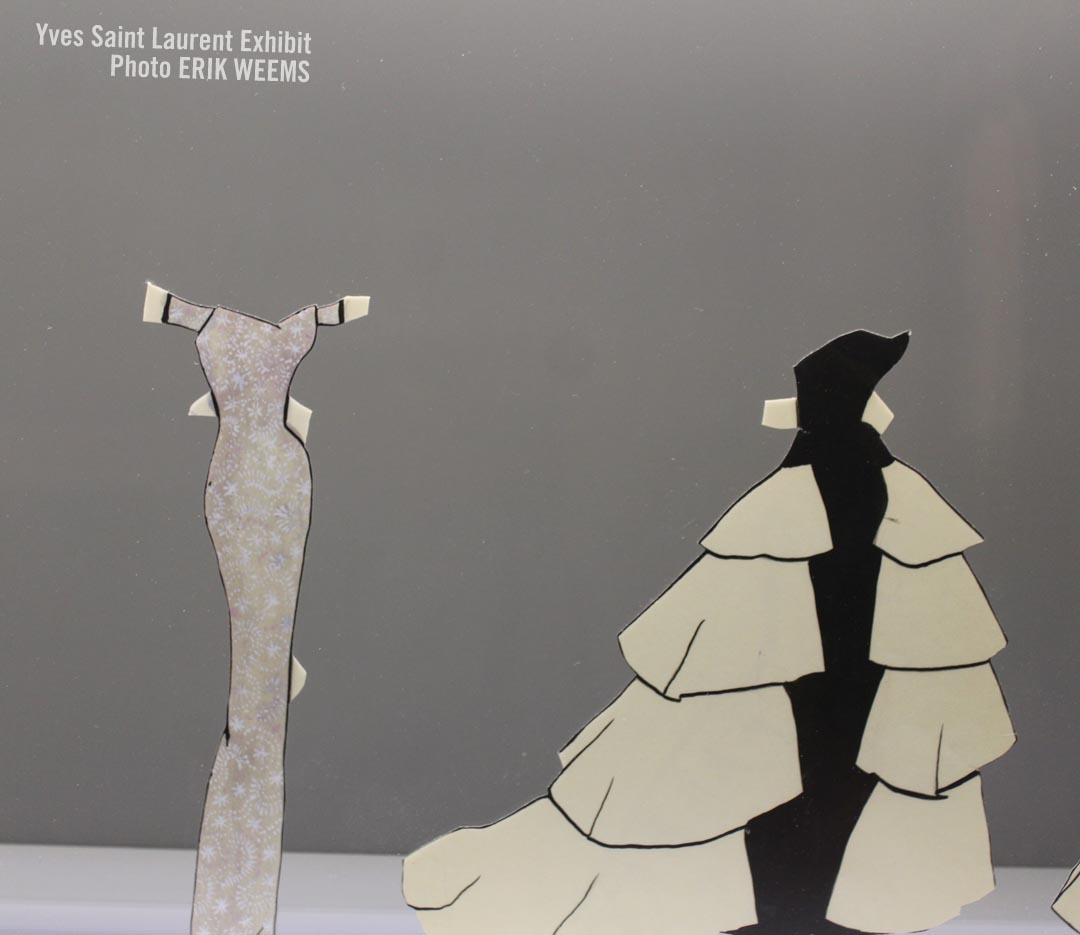LAST UPDATE June 26, 2025
Culling the internet
COPYRIGHT
It's all free! – Courthouse News
Infringement case against Skynet AI turned out to be a "clear loser" (the judge's words) because of lack of adequate evidence that could have moved the case before a jury.
A federal judge granted partial summary judgment to Meta on Wednesday, despite claims from 13 award-winning and acclaimed authors who argued that the tech giant violated U.S. copyright law by using their works to train its flagship AI model Llama without their permission."
...As evidence of copyright infringement, the authors argued that the AI’s responses are sometimes verbatim excerpts from their books, which they claim amounts to Meta unlawfully benefiting from their works by failing to license them through their authors."
...However, the judge said his ruling wasn’t necessarily a huge win for Meta, nor a colossal setback for artists in their struggle against AI-generated content, because it only affects the rights of these thirteen authors — not the countless others whose works Meta used to train its models."

Superhero Logo wear at a Virginia mall, June 25, 2025
DNA
Recent study of ancient DNA "upended the world of archaeology and challenged long-held historical assumptions" – Brown EDU
"There seems to be a narrative today that our countries and economies are more interconnected than they used to be," van Dommelen said. "But we have evidence that the ancient Mediterranean was a big, interconnected web of people and ideas. It wasn’t just Greeks and Romans — it was a lot more diverse and a lot more complicated."
DEFINING THE CENTURY
"Functional illiteracy"
Story at Hilarius Book Binder
Most of our students are functionally illiterate. This is not a joke. By “functionally illiterate” I mean “unable to read and comprehend adult novels by people like Barbara Kingsolver, Colson Whitehead, and Richard Powers.” I picked those three authors because they are all recent Pulitzer Prize winners, an objective standard of “serious adult novel.” Furthermore, I’ve read them all and can testify that they are brilliant, captivating writers; we’re not talking about Finnegans Wake here. But at the same time they aren’t YA, romantasy, or Harry Potter either. I’m not saying our students just prefer genre books or graphic novels or whatever. No, our average graduate literally could not read a serious adult novel cover-to-cover and understand what they read...."
Finding stories of a deep and strong illiteracy, not just in language but in basic math skills, is easily found online and in social media. Stories that students are, well, not students, but beings housed temporarily during the day then sent away at the end, are recounted by people claiming to be classroom teachers. How much of what is claimed is true, or only the experiences of certain areas, or exaggerations, is a question worth asking. But anecdotal stories are evidence of something important about the state of education.
COOKERY
Cooking "real" Greek food in Australia
Story at Sydney Morning Herald
Preparing the meat for the gyros is a three-day process. The chicken is brined for one day, then marinated in a mix of garlic, paprika and bukovo – a dried northern Macedonian chilli – before hitting the spit where it’s cooked over the coals. “Not a lot of people cook on a horizontal rotisserie. They use an electric or gas burner, but you just can’t beat the aroma and flavour that comes from cooking on charcoal,” Cassimatis says."
Sitting at the Taverna and smelling the long, thin, flat charcoal cooking pits is like experiencing an air-based food through your pores.
DEFINING THE CENTURY
 "...the planet as a whole, is suffering from a self-imposed epidemic of loneliness that is transforming “our personalities, our ideologies, even our relationship to reality .
"
"...the planet as a whole, is suffering from a self-imposed epidemic of loneliness that is transforming “our personalities, our ideologies, even our relationship to reality .
"
"The Anti-Social Century" – Skai [In Greek, use Google Translater to put into English]
Mental health experts say that no generation of Americans has spent as much time alone (intentionally or unintentionally) as today. The main symptom of this rise in antisocial behavior is that one in four Americans eats alone every day or almost every day of the week, a 53 percent increase since 2003..."
It isn't an irony, but there's certainly something funny about a significant portion of the populace of the world carrying around mini-copies of the Monolith from 2001 A Space Odyssey, 1968. The irony is that the Monolith makes each carrier a movie star with a mini-movie-making studio in the palm of their hand.
MUSIC
Khatia Buniatishvili – khatiabuniatishvili
THE INTERNET
Shadow Banning – UK The Times
The owner of The Spectator has warned about the threat of tech giants such as Meta, X and YouTube “shadow banning” content and called for them to publish their algorithms. Paul Marshall, who also owns the UnHerd opinion website and a stake in GB News, said that he first became aware of the issue, in which the platforms suppress the number of people shown a particular piece of content, during Covid-19. He made the claim, along with a swipe at the TV ratings agency Barb, as part of a call for greater transparency from powerful organisations...."
Shadow banning, in one sense, is the act of doing something impactful and significant while remaining hidden, thereby avoiding the opprobrium that would normally follow. And then what if shadow-banning is used to remove the opprobrium? Powerful enough, a shadow-banning mechanism would be like those little air scrubbers on Apollo 13.
ARTIFICAL INTELLIGENCE
Well, now, who could have seen this coming?
"People Are Losing Loved Ones to AI-Fueled Spiritual Fantasies" – MSN Rolling Stone
Article has anecdotal stories of people getting so deeply involved in using AI that it has convinced them they are on the verge (or have actually accomplished finding) the "secrets of the universe" and now find they are a unique "anomoly" (the article's word) which has made for a belief that, for example, "he's special and he can save the world."
OpenAI did not immediately return a request for comment about ChatGPT apparently provoking religious or prophetic fervor in select users...."

Time to go to Disney World? Goofy 4 Mickey



